What are you referring to? I searched for this and the results were just the CMG story. That wasn’t even proof that the technology existed, let alone was being used.
- 14 Posts
- 889 Comments
You focused on the wrong part of my comment. The issue isn’t that you have Google accounts or use YouTube, it’s that you seem to have very little understanding of how much data is being collected about you through these avenues. Instead you focus on some conspiracy theory about phone microphones which is still yet to be proven despite years of technologically illiterate people telling us that “the only way they could have known that is if they were listening to me!!!”. I don’t understand how you get to the point of posting in a niche privacy community whilst still being so completely clueless and misinformed.
Person in a privacy community using YouTube and multiple Google accounts thinks the only way they are being tracked is through phone microphones…you can’t make this shit up.

 161·19 days ago
161·19 days agoI agree that this circular echo-chamber effect is problematic, particularly in forums like reddit and Lemmy where early user voting often determines the tone of a discussion. Too many people assume a comment is correct or incorrect based on its score, or the number of similar comments, rather than whether a credible source was provided that supports whatever claim was made. It’s particularly bad in privacy and security communities because so many of the people involved have a higher level of base paranoia that makes them vulnerable to conspiracy theories and misinformation.
Potential fragility aside, I think flip smartphones (at least the cheaper ones without a proper outside screen) solved the problem for me since I was never really a one-handed user of my XZ1 Compact. I liked the smaller size because it fit into every pocket safely and the smaller screen was more annoying to use and therefore less addictive. Flips have a similar barrier in terms of having to physically open the device to use it. It’s a shame that even the cheaper models are getting the bigger outside screens now, though. It just makes these devices more addictive and more fragile.

 21·30 days ago
21·30 days agoNo worries, it’s not surprising you thought that because there are quite a lot of people out there like OP who spread complete misinformation about browsers they dislike/don’t use.

 3·1 month ago
3·1 month agoYou can read this reference to closed source in the most charitable way as alluding to the whole motley of things that render it less accessible.
Not when they use the conjunction “so”. If they’d used “and”, then sure - there could be any number of reasons. Using “so” as a conjunction like that in the sentence gives it an equivalent definition of “therefore”, so it’s like saying “Vivaldi is closed source, therefore it’s harder for users to investigate”, which is clearly an inaccurate statement.
In any case, OP has attempted to shift the goalposts many times in some kind of weird gotcha attempt instead of just admitting they were wrong or worded their argument poorly. If people want charitable interpretations of their misleading or inaccurate statements then they should behave in a manner that deserves them. Going full redditor ain’t it.

 73·1 month ago
73·1 month ago(Vivaldi is closed source, so it’s harder for users to investigate).
Please show me where you explained that Vivaldi’s source code is harder to investigate because “users need to download a 2 GB repo” or a “tarball dump”.
Is English your first language? Do you understand the definition of “so” in the sentence you typed?

 102·1 month ago
102·1 month agoBut that’s not what you claimed. Direct quote from the article (bold emphasis is mine):
Vivaldi users point out that the built in blocker is noticably worse than uBlock Origin, with some guessing that Vivaldi doesn’t fully support uBlock Origin filterlists (Vivaldi is closed source, so it’s harder for users to investigate).
You clearly implied that the reason Vivaldi’s source code regarding ad-blocking is harder for users to investigate is because it’s closed source. This is not true.

 16·1 month ago
16·1 month agoThis article has some misinformation in places. Like it claims Vivaldi’s ad-blocker cannot be investigated further because the project is closed source, but the only closed source part of Vivaldi is the UI (approximately 5% of the total code). The ad-blocker C++ code is published along with the other 95% of the browser’s code.

 32·1 month ago
32·1 month ago*zoomer
Do you have a Google account you are signed in to?

 42·1 month ago
42·1 month agoFrom what I have seen, most Threads users are safe-spacers who wanted a platform with heavy moderation. So I guess these are just the growing pains they’ll have to get used to in the pursuit of their circlejerk paradise, particularly since this is Meta we’re talking about who have never been reliable or effective when it comes to moderating content.

 2·1 month ago
2·1 month agoSteve Litchfield in shambles.

 2·1 month ago
2·1 month ago
My guess as to the “why” is that it’s just another example of enshittification. Podcasts were essentially a bubble that everyone was trying to get in on, but the amount of low quality (not just production but also content) flooding the market devalued it significantly and listeners and subscriptions began declining. Everyone is trying to squeeze as much money as possible out of it now, which means there are even more ads on top of all the ads and cross-promotion that come baked into an episode.

 715·1 month ago
715·1 month agoThis is a pretty clickbaity counter-article that doesn’t review the original in good faith. The New Yorker article is not titled ‘Social Media Is Killing Kids’ but rather ‘Has Social Media Fuelled A Teen-Suicide Crisis?’ with a lead of:
Mental-health struggles have risen sharply among young Americans, and parents and lawmakers alike are scrutinizing life online for answers.
So the implication that the premise of the article is to demonise social media is completely wrong, since it’s actually an investigation into the issue. That’s also the reason it’s long (another strange complaint from a guy whose 3000+ word response is only ever his opinions).
The “moral panic tropes” are testimony from real parents whose real children killed themselves. And these real parents think social media was responsible. It strikes me as pretty low to hand wave away the grief of these real people because it inconveniently feeds into a narrative you have some instinctual problem with.
The author tries to frame the balance of the New Yorker article as some kind of gotcha. Like it’s somehow a bad thing that this other writer took the time to consult with and quote experts who provide a different opinion. Personally I would much rather read that then something like this which was basically the equivalent of a reddit eXpOsEd thread.

 17·2 months ago
17·2 months agoThis is not a leak, it is just a prediction from some random based on their weird analysis of the market. Pure clickbait.
So yes the Motorola synthetic back is definitely more durable than glass.
I was thinking more in terms of durability relating to general wear and age rather than short-term drops, scratches, etc. I’ve seen some images of people claiming their Motorola back wore out within months (could be a problem on their end, mine is fine after a year) and we all remember those older plastic devices with the soft touch finish that “melts” after a few years.
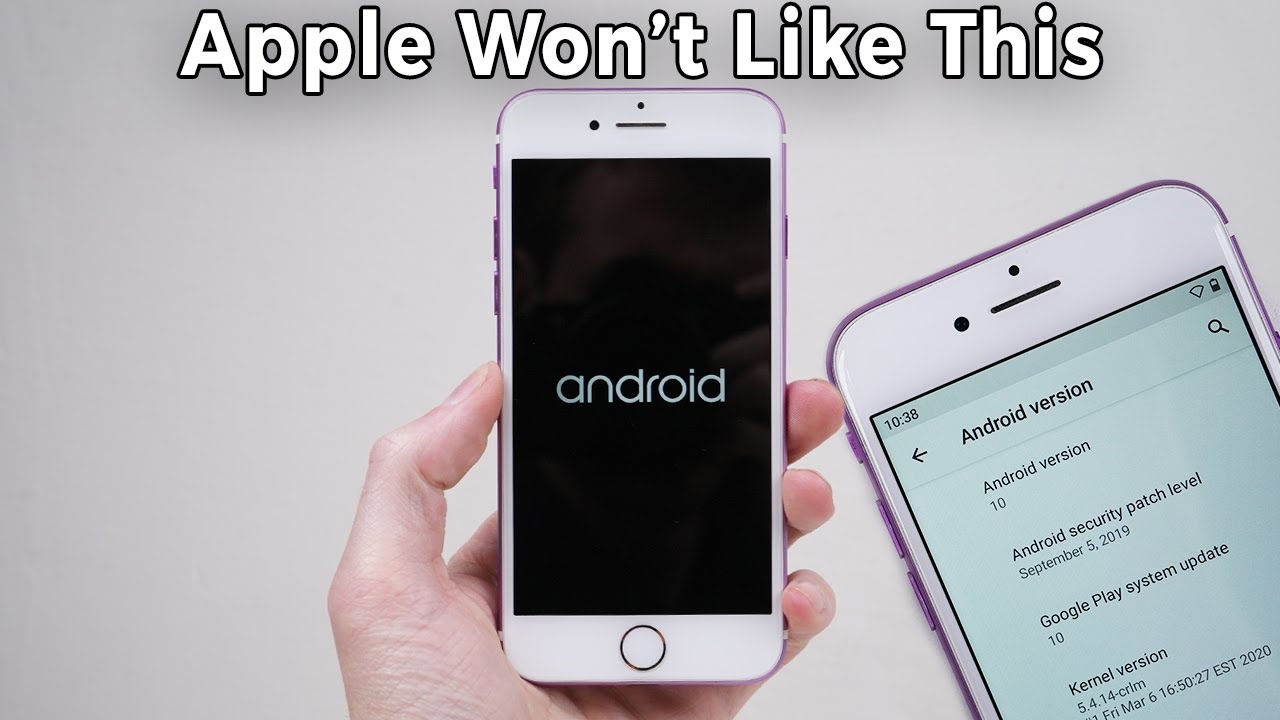






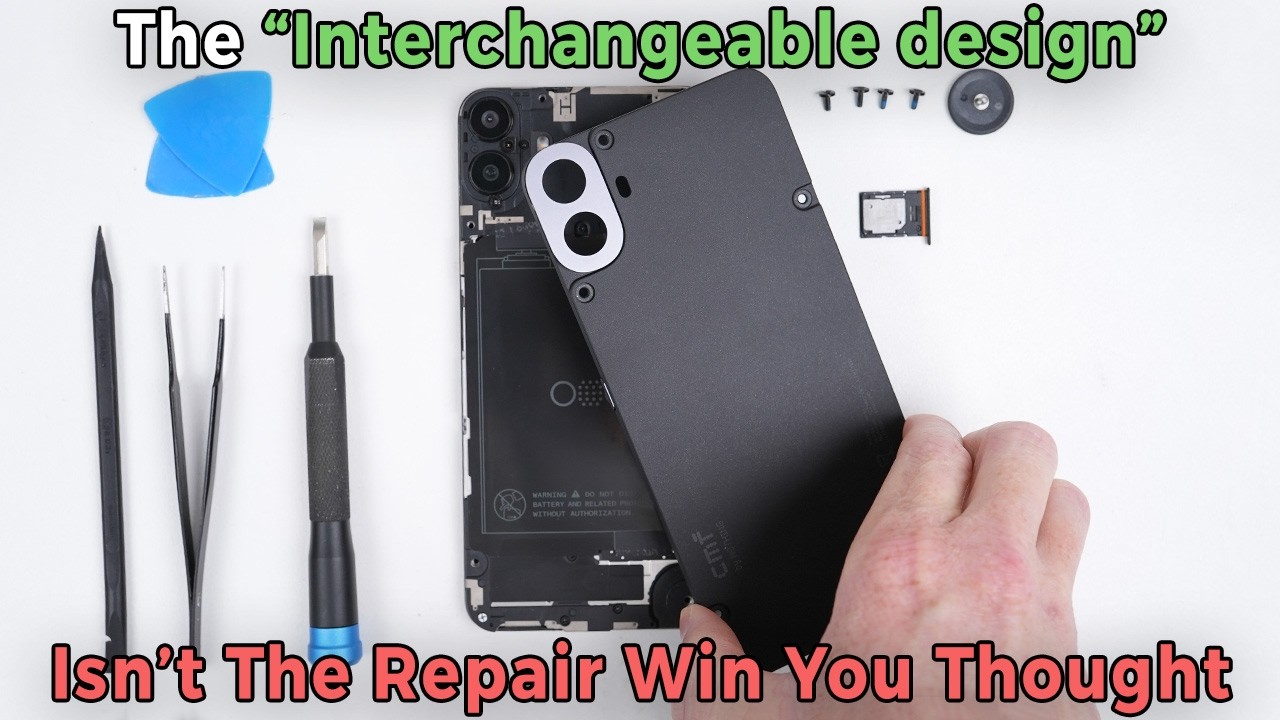
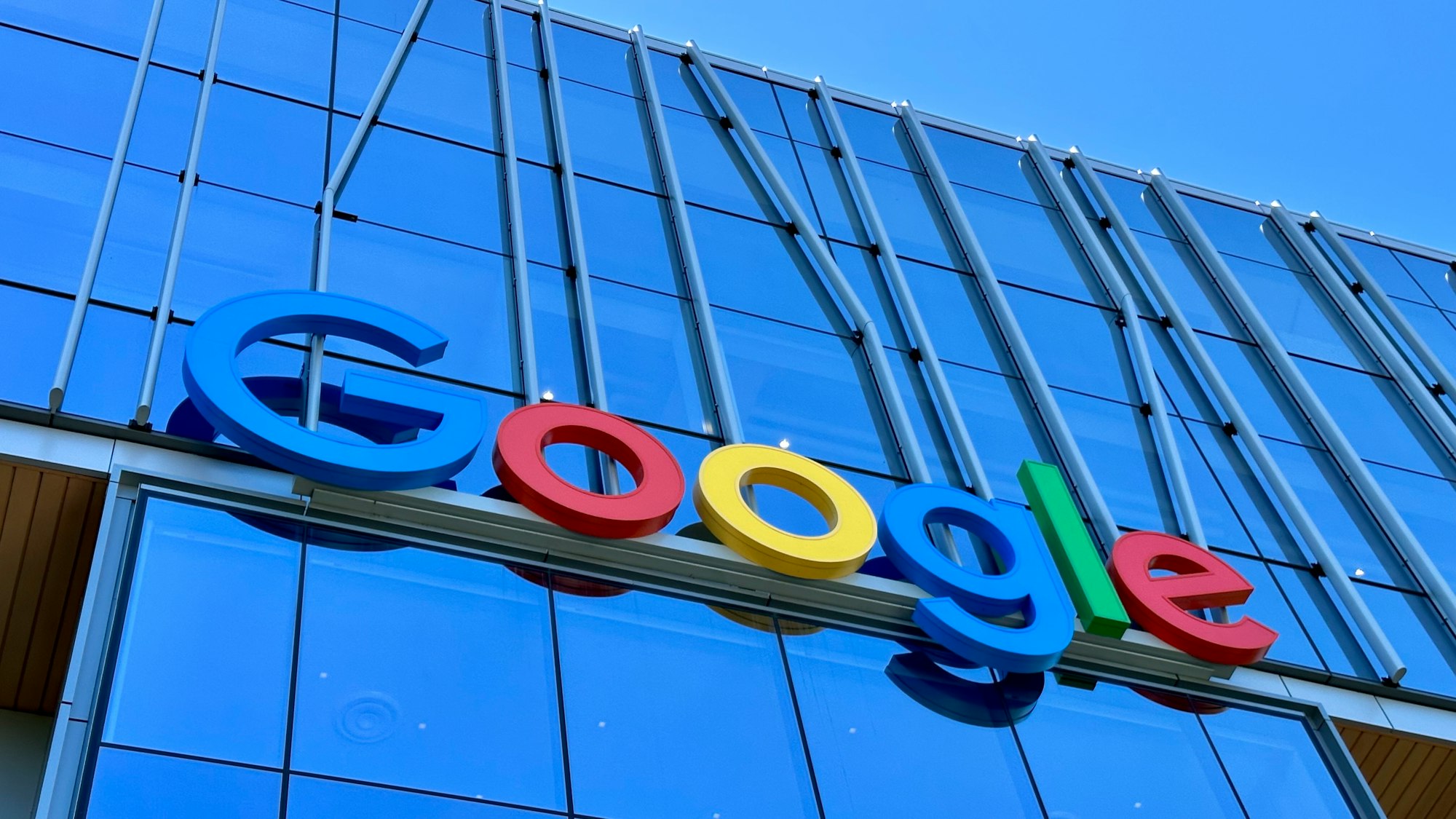
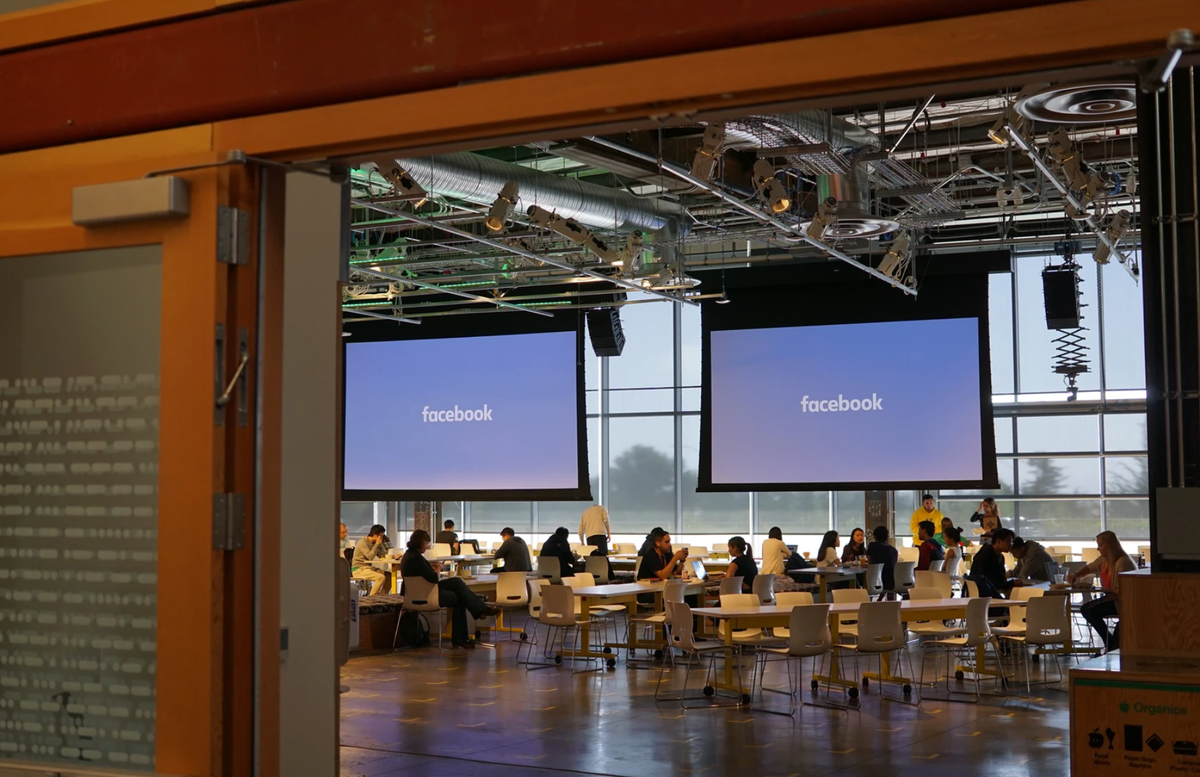


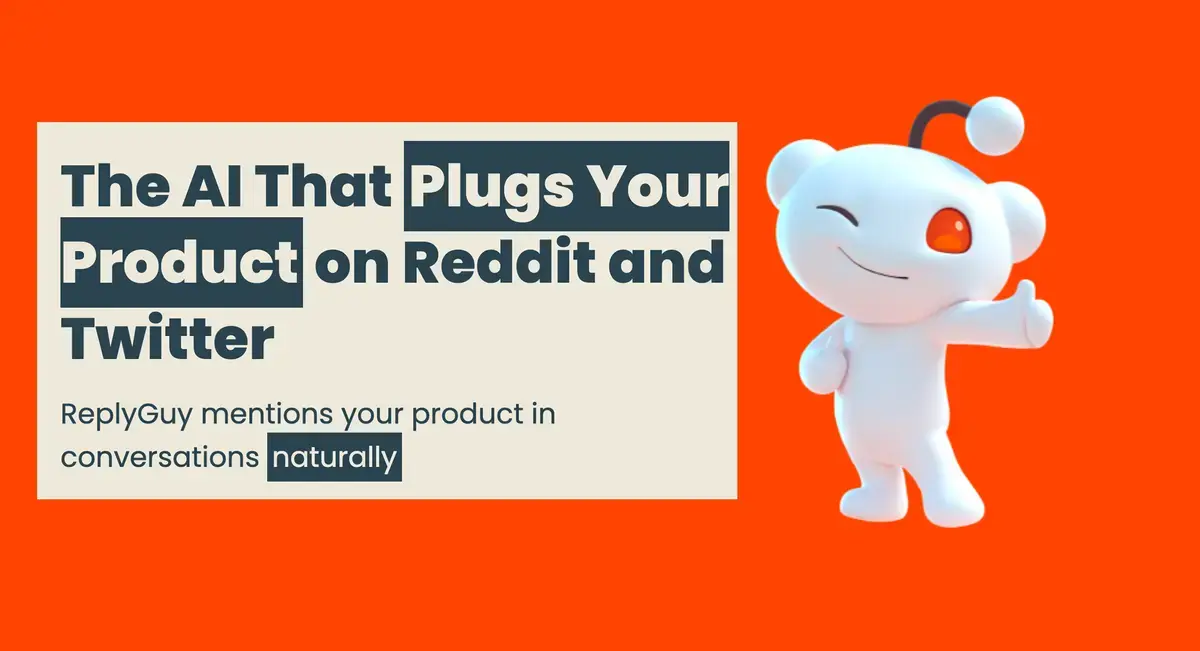


Depending on where they live, it could be more likely their first phone is an iPhone.